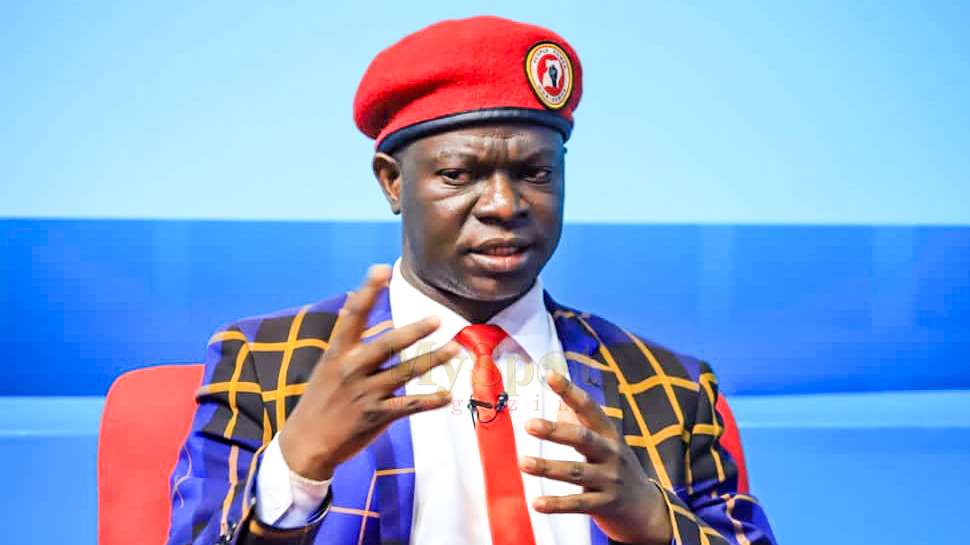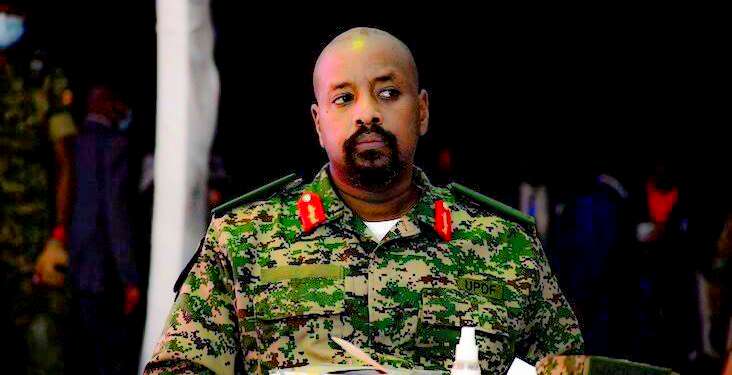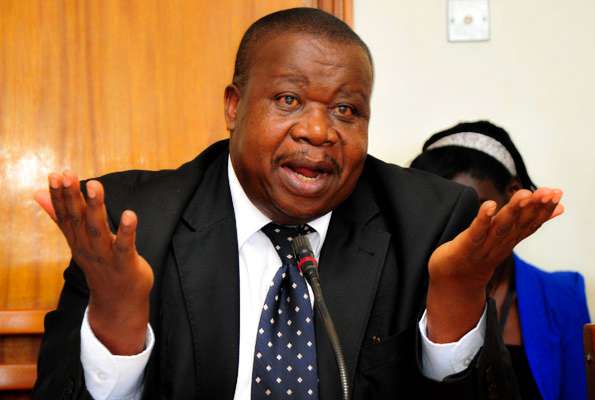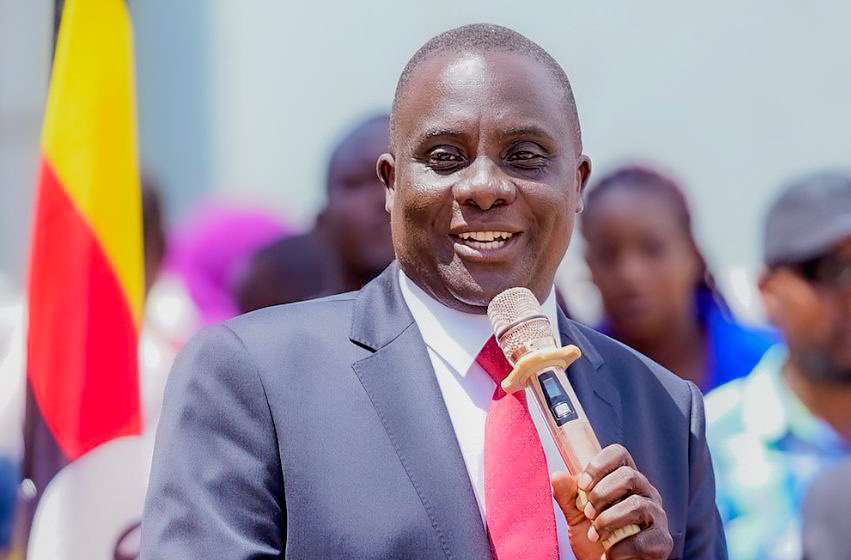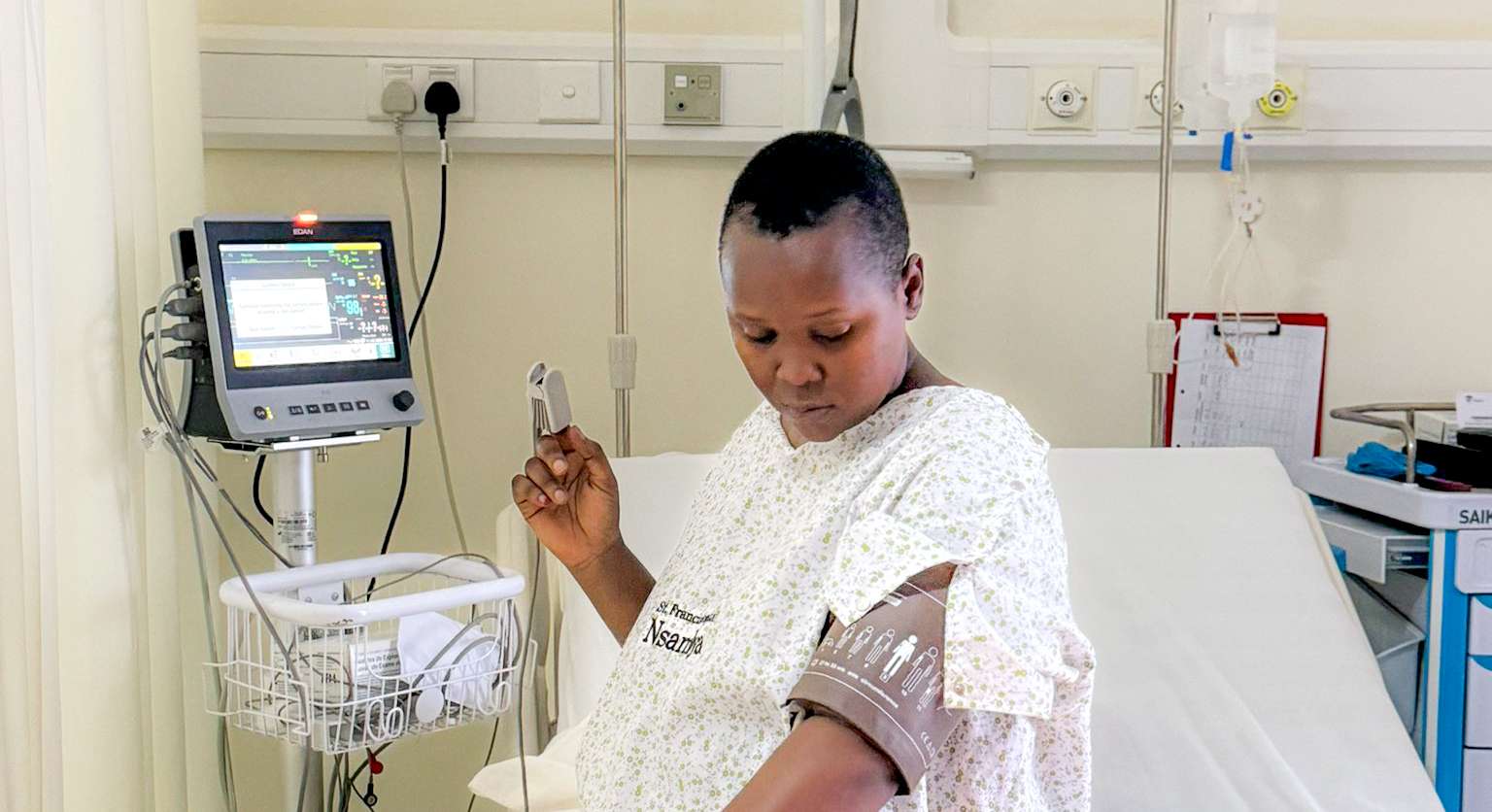Peace & Security
Israel and HAMAS Ceasefire - What does it mean for Uganda and Africa?
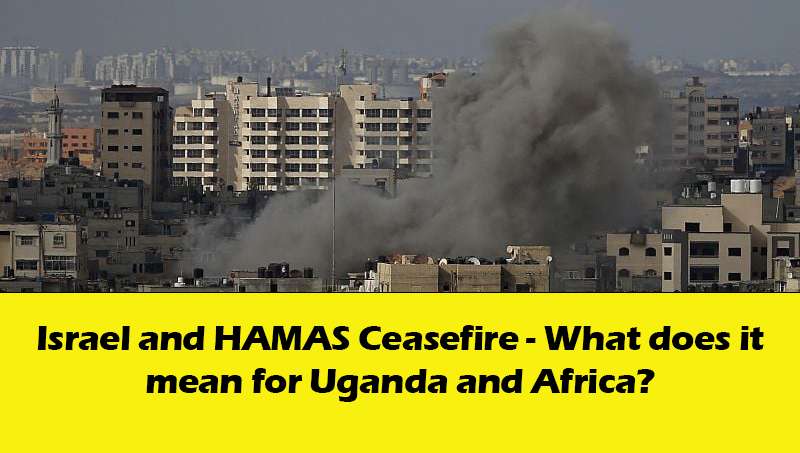
On January 15, 2025, an air of cautious optimism swept through the international community as a ceasefire agreement between Israel and Hamas took effect. Mediated by the persistent efforts of the United States, Egypt, and Qatar, this multi-phase deal promises to bring much-needed humanitarian aid into Gaza and facilitate the release of hostages, marking a significant pause in a brutal conflict that has raged for 15 months.
The agreement is not merely a regional event; its ramifications extend far beyond the Middle East, echoing into the heart of Africa. Countries like Uganda, deeply intertwined with the Middle Eastern geopolitical landscape, are observing the developments closely, recognizing both the immediate and long-term impacts.
The violence that erupted in Gaza has drawn sharp condemnation worldwide. Moussa Faki Mahamat, Chairman of the African Union Commission, called the war “immoral and unacceptable,” urging all parties involved to cease hostilities. For African nations, which have seen their share of conflict and strife, the ongoing turmoil in Gaza resonates deeply, prompting reflections on their diplomatic allegiances and foreign policy strategies.
The ceasefire carries potential economic implications. The Middle East serves as a vital trade partner for Uganda and other African nations, especially in energy sectors. With the prospect of stability in the region, hopes rise for more predictable oil prices and increased opportunities for economic collaboration. This newfound assurance could become a boon for economies striving for growth amidst global uncertainties.
Yet, the humanitarian crisis left in the wake of this conflict cannot be overlooked. The war has claimed over 44,000 Palestinian lives, displacing thousands more and creating dire conditions on the ground. African nations, often affected by similar legacies of colonialism and conflict, may feel compelled to step in, rallying support for reconstruction efforts and addressing the humanitarian needs of those devastated by war.
Security dynamics are also in flux. The ceasefire's potential impact on extremist groups across Africa warrants attention. As tensions in the Middle East de-escalate, recruitment and propaganda efforts by such groups may weaken, allowing for a reassessment of security challenges on the continent.
The global response has been swift. U.S. President Joe Biden heralded the ceasefire as a significant achievement in international diplomacy, emphasizing the collaborative efforts that led to this moment. Former President Barack Obama echoed this sentiment, highlighting the importance of ending the bloodshed and restoring dignity and safety to affected populations.
As Africans watch these developments unfold, the Israel-Hamas ceasefire represents more than a regional truce; it symbolizes hope for a more stable geopolitical landscape. Countries like Uganda could find avenues to foster peace-building initiatives, bolster economic ties, and champion humanitarian efforts as they respond to the call for solidarity.
In the intricate fabric of Middle Eastern geopolitics, the threads of peace are fragile yet essential. The world watches closely, hopeful that this ceasefire could pave the way for enduring solutions and a commitment to rebuilding lives in Gaza – and beyond.

